what is the prognosis for malignant pleural effusion
It represents disseminated disease and confers a poor prognosis. Statistics show that the median survival time 50 have died and 50 still.

Prognostic Factors For Survival After Surgical Palliation Of Malignant Pleural Effusion Journal Of Thoracic Oncology
What are symptoms of a pleural effusion.
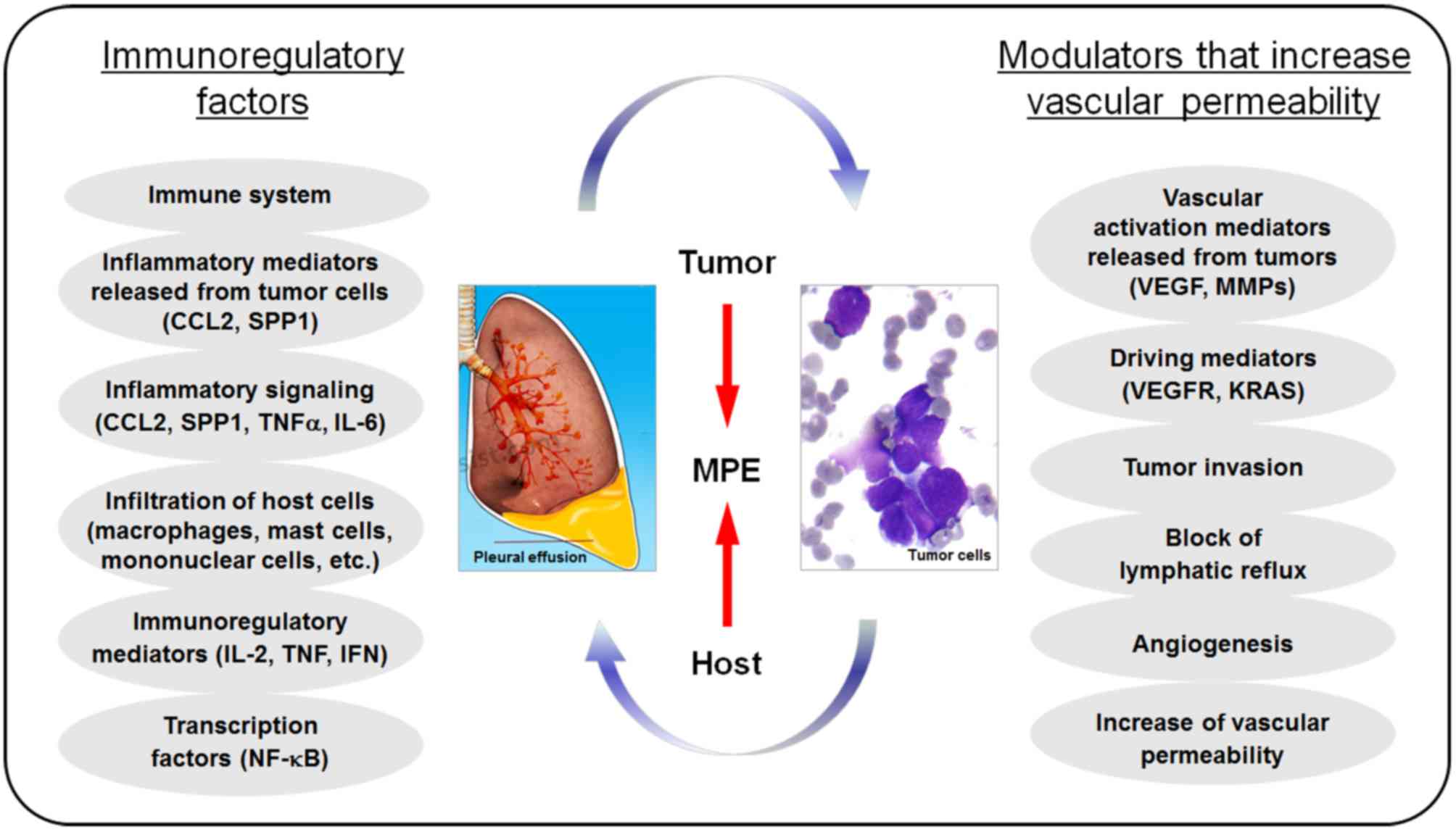
. Am J Respir Crit Care Med Vol. Dyspnea may cause limitations in ability to perform activities of daily living in a substantial proportion of patients. The most common underlying tumors are lymphomas and cancers of the lung breast and ovaries which account.
Patients in these stages often have a poor prognosis with an average life expectancy of less than six months. For You News Perspective. A malignant pleural effusion MPE is often the first sign of cancer and it is a prognostic factor in patients with advanced disease.
Prognosis of Malignant Pleural Effusion. The presence of malignant tumour cells in the pleural. 18 19 The most.
This condition is associated with very high mortality with life expectancy ranging from 3 to 12 months. With lung cancer a malignant pleural. If cancer grows in the pleural space it causes a malignant pleural effusion This condition is a sign that the cancer has spread or metastasized to other areas of the body.
In lung cancer the presence of malignan. Pleural effusions are accumulations of fluid within the pleural space. Patients often require multiple invasive procedures in order to gain a diagnosis and manage their symptomatic pleural effusions which.
The main symptom of malignant pleural effusions MPE is shortness of breath 57 typically progressive exertional dyspnea followed by cough 43. Ad Educational Resource Bases on Hundreds of Cases. Detection is by physical examination and chest x-ray.
Malignant pleural effusion which is a common clinical problem in patients with cancer may be due to both primary thoracic tumours or to a metastatic spread in the chest and constitutes the first sign of disease in approximately 10 of patients. Development of a malignant pleural effusion is associated with a very poor prognosis with median survival of 4 months and mean survival of less than 1 year. Get the Facts Tips.
No previous studies however have reported long-term outcomes for patients undergoing diagnostic pleuroscopy in whom no malignancy was demonstrated either with cytologic examination of. However most patients with a pleural effusion have no long-term sequelae. Symptomatic malignant pleural effusion is a common clinical problem.
Malignant pleural effusions are common in patients with cancer. What are the symptoms of pleural effusion malignant tumors Supplementary explanation. They have multiple causes and usually are classified as transudates or exudates.
Description of the question. The diagnosis of a malignant pleural effusion is the first indication of a malignancy in 13 of patients with a malignant pleural effusion. As previously mentioned this condition often indicates the presence of advanced stage lung cancer or breast cancer.
Almost all cancers can potentially produce a pleural effusion. Thus on a concluding note it can be said. Thoracentesis and pleural fluid analysis are often required to determine cause.
Malignant pleural effusion MPE is common with an estimated annual incidence of 150 000 in the USA alone and given the year-on-year increase in new cancer diagnoses the incidence is set to rise1 2 MPE represents advanced malignant disease and current guidelines quote median survivals of between 3 and 12 months3 Pleural and oncological treatment. Free Malignant Mesothelioma Guide Outlines Treatments That May Improve Quality of Life. It occurs in around 7 to 23 of lung cancers but can also occur with other cancers such as breast cancer ovarian cancer leukemia and lymphomas.
If due to heart failure cirrhosis or malignancy the effusion is likely to recur. It is a fairly common complication in a number of different cancers. Malignant pleural effusion MPE affects 150000 people in the US and over 250000 people in Europe each year and it represents a common finding up to 15 in the advanced stage cancers Lung cancer in men and breast cancer in women account for 5065 of all MPE followed by ovarian metastatic cancer hematological malignancies and malignant pleural.
Symptoms are often distressing and its presence signifies advanced disease. How patients are best managed depends on clinical circumstances. The prognosis of the patient with a pleural effusion depends on the underlying condition.
Asymptomatic transudates require no treatment. In some situations part or all of the lung will collapse. Symptomatic malignant pleural effusion is a common clinical problem.
Common symptoms of a pleural effusion include. Neoplasm Malignant pleural effusion Prognosis Analysis Survival. The majority of patients with malignant pleural effusion will experience dyspnea.
M anaging patients with malignant pleural effusion can be challenging. Malignant pleural effusion MPE is a common and important clinical condition. This can make you.
A pleural effusion can be serious and potentially life-threatening but it is treatable. Studies are contributing evidence on an increasing number of therapeutic options therapeutic thoracentesis thoracoscopic pleurodesis or thoracic drainage indwelling pleural catheter. Development of a malignant pleural effusion is associated with a very poor prognosis with median survival of 4 months and mean survival of less than 1 yearref14ref15 The most common associated m.
In the medical field there is a word clinical cure which means that the cancer patient has not repeated within 5 years after receiving systematic treatment. Malignant effusions may change the staging and subsequent prognosis of the underlying cancer. Prognosis of Malignant Pleural Effusion As previously mentioned this condition often indicates the presence of advanced stage lung cancer or breast cancer.
Several studies have demonstrated the diagnostic yield of medical thoracoscopy pleuroscopy in making the diagnosis of malignant pleural effusion MPE. A complication in many types of tumors its presence indicates the onset of the terminal stages of cancer. The presence of malignant effusion indicates advanced disease and poor survival.
A malignant pleural effusion is a complication that involves the build-up of fluid containing cancer cells between the membranes that line the lungs. The average malignant pleural effusion life expectancy is a little less than six months with the median survival time being as less as four months. Malignant pleural effusion MPE is a common clinical problem that results in disabling breathlessness for patients with advanced malignancy.
The prognosis of cases where the effusion is due to carcinoma of the lung or due to cancer of the gastrointestinal tract or ovarian cancer is the poorest. Malignant pleural effusion MPE is a common and important clinical condition. Studies are contributing evidence on an increasing number of therapeutic options therapeutic thoracentesis thoracoscopic ple.
Most malignant pleural effusions are secondary to metastases to the pleura most often from lung or breast cancer. This condition is associated with very high mortality with life expectancy ranging from 3 to 12 months. This can cause you to feel short of breath andor have chest discomfort.
If cancer grows in the pleural space it causes a malignant pleural effusion This condition is a sign. MPE can be a complication of any malignancy but in patients with lung cancer. Dyspnea is the most common symptom of MPE.
Median survival after diagnosis is 4 to 9 months 13 although prognosis varies considerably depending on the type and stage of the malignancy. The build-up of fluid presses on the lung making it difficult for the lung to expand fully. Malignant Pleural Effusion A malignant pleural effusion MPE is the build up of fluid and cancer cells that collects between the chest wall and the lung.
What are the symptoms of pleural effusion malignant tumors Answer.

Management Of Malignant Pleural Effusions The Figure Is Modified From Download Scientific Diagram

The Role Of Vegf In The Diagnosis And Treatment Of Malignant Pleural Effusion In Patients With Non Small Cell Lung Cancer Review
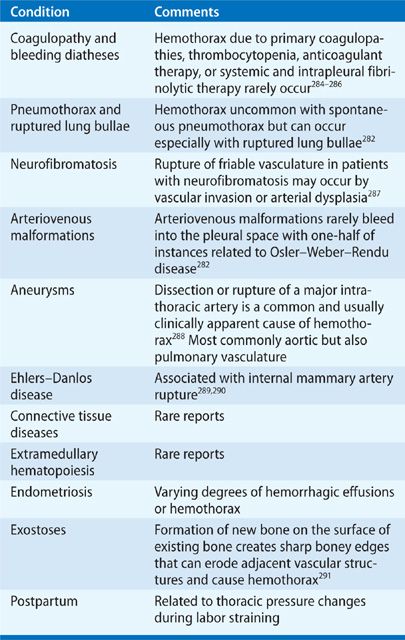
Malignant Pleural Effusions Thoracic Key
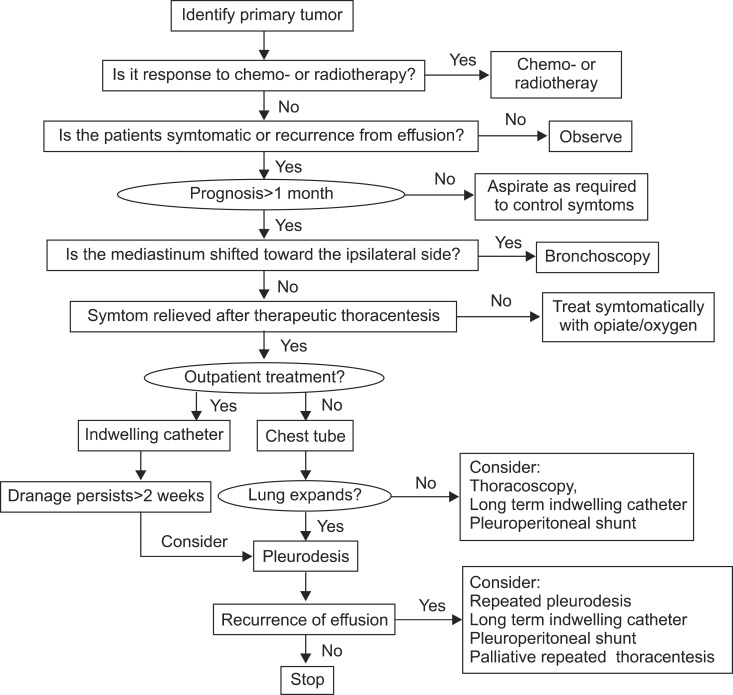
Tuberculosis And Respiratory Diseases
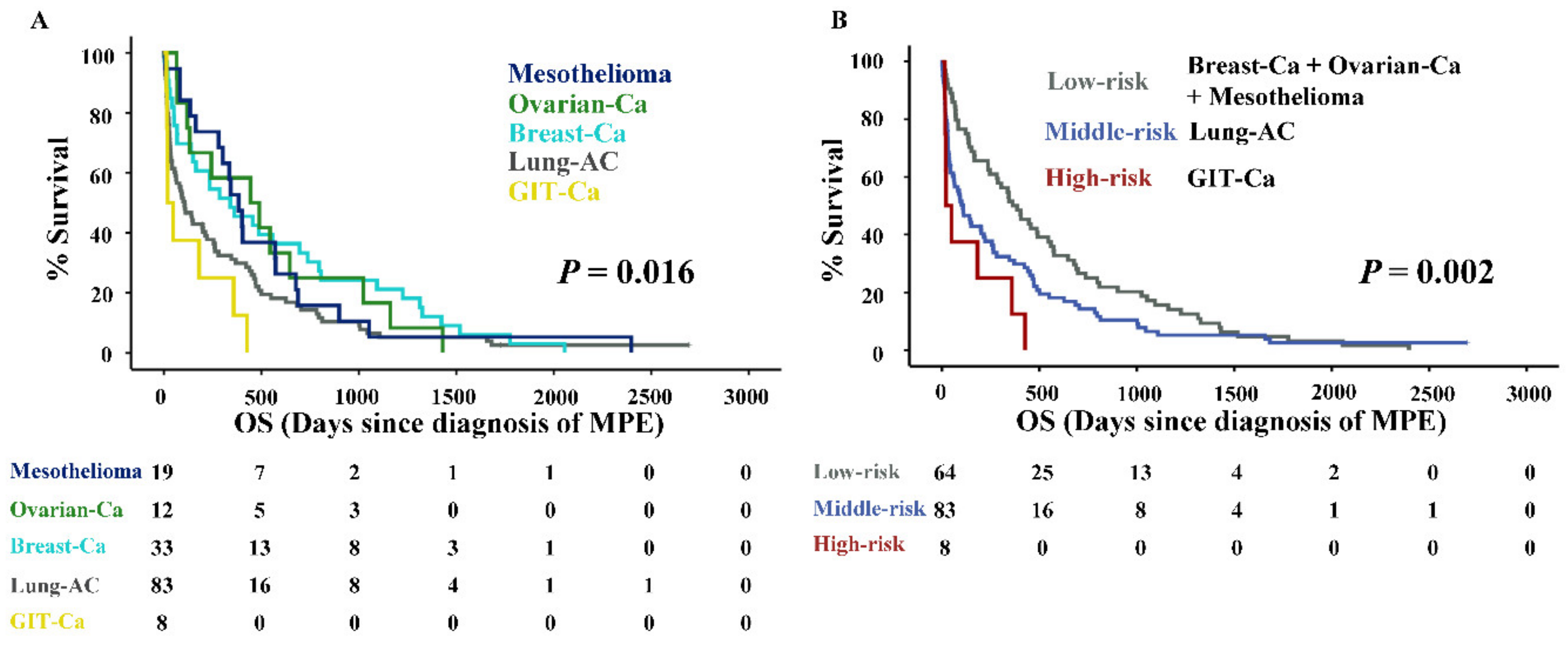
Cancers Free Full Text Prognostic Immune Cell Profiling Of Malignant Pleural Effusion Patients By Computerized Immunohistochemical And Transcriptional Analysis Html

Malignant Pleural Effusion Management Keeping The Flood Gates Shut The Lancet Respiratory Medicine
The Current Aetiology Of Malignant Pleural Effusion In The Western Cape Province South Africa

Overall Survival Probability According To Malignant Pleural Effusion Download Scientific Diagram

Prognostic Impact Of Malignant Pleural Effusion At Presentation In Patients With Metastatic Non Small Cell Lung Cancer Journal Of Thoracic Oncology

Malignant Pleural Effusions Thoracic Key

Prognostic Factors For Survival After Surgical Palliation Of Malignant Pleural Effusion Journal Of Thoracic Oncology

Treatment Options For Malignant Pleural Effusions Download Table
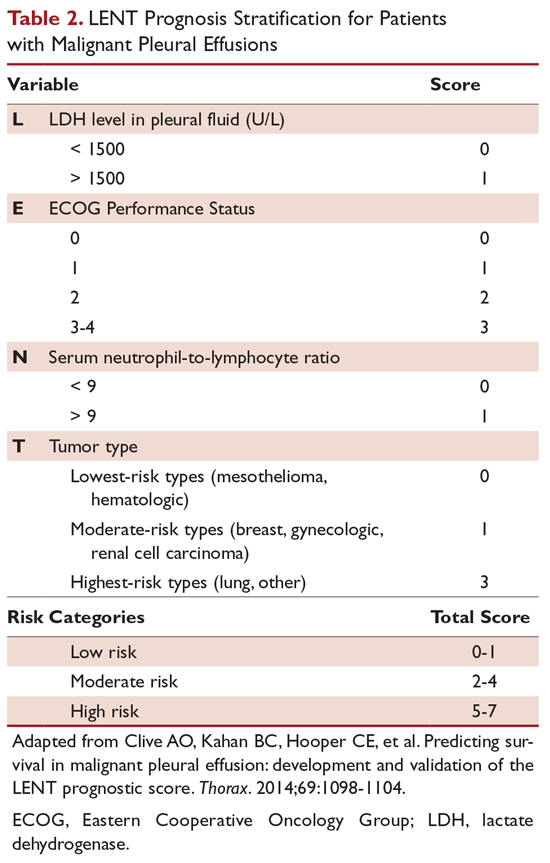
Malignant Pleural Effusion Evaluation And Diagnosis Pulmonary Health Hub
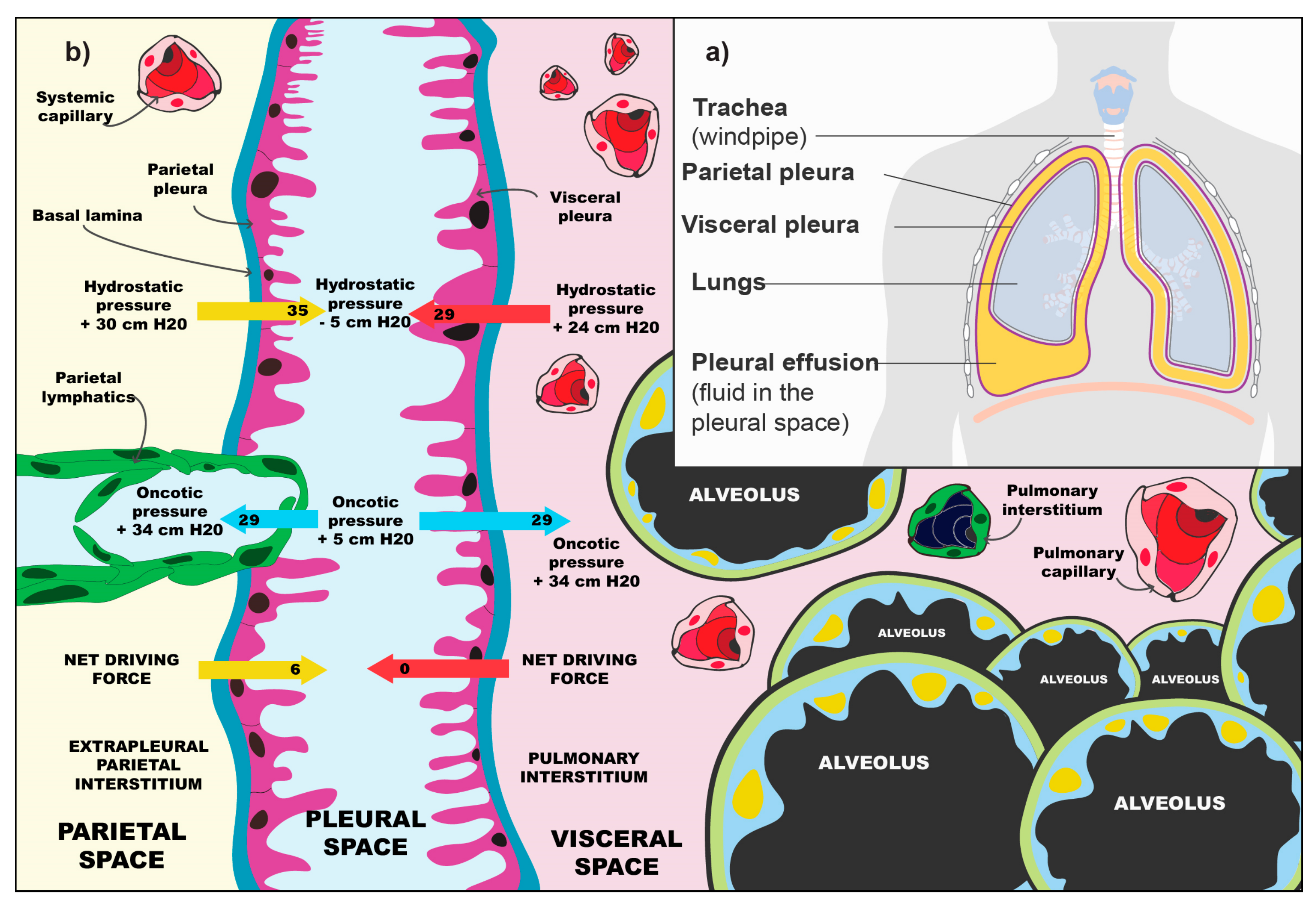
Medicina Free Full Text Malignant Pleural Effusion And Its Current Management A Review Html

The Diagnostic Steps In Suspected Malignant Pleural Effusion Table 1 Download Scientific Diagram

Ers Eacts Statement On The Management Of Malignant Pleural Effusions European Respiratory Society
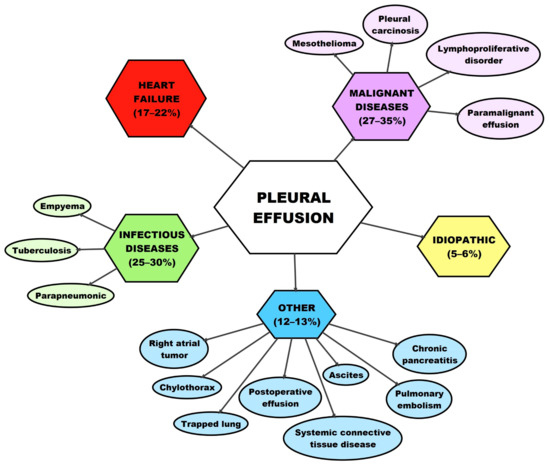
Medicina Free Full Text Malignant Pleural Effusion And Its Current Management A Review Html

Malignant Pleural Effusion 03102017 Youtube
Malignant Pleural Effusion Still A Long Way To Go Researcher An